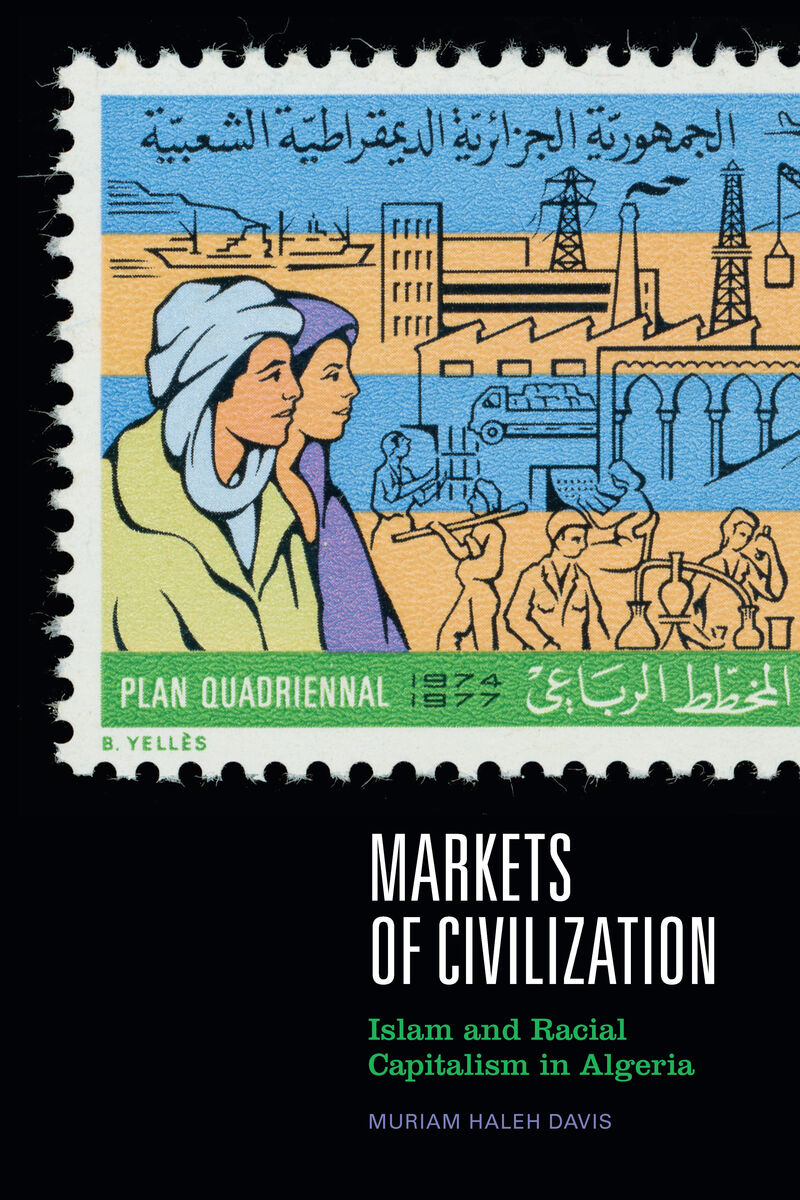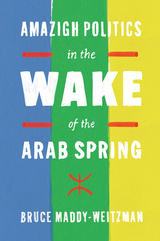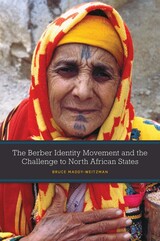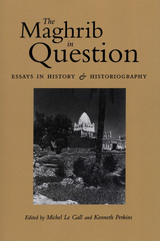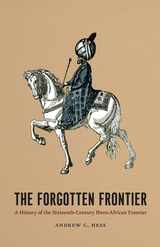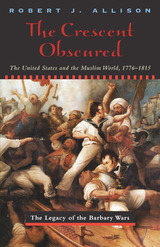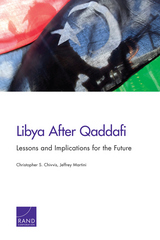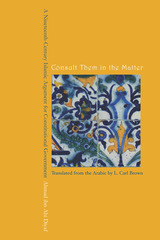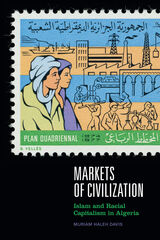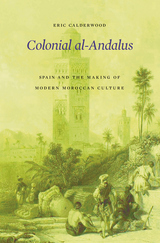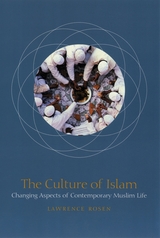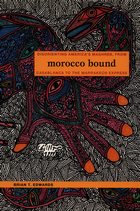Markets of Civilization: Islam and Racial Capitalism in Algeria
Duke University Press, 2022
Cloth: 978-1-4780-1587-1 | eISBN: 978-1-4780-2310-4 | Paper: 978-1-4780-1850-6
Library of Congress Classification DT285.D37 2022
See other books on: Colonial influence | Islam and politics | Markets | Muslims | North
See other titles from Duke University Press
Cloth: 978-1-4780-1587-1 | eISBN: 978-1-4780-2310-4 | Paper: 978-1-4780-1850-6
Library of Congress Classification DT285.D37 2022
ABOUT THIS BOOK | AUTHOR BIOGRAPHY | REVIEWS | TOC | REQUEST ACCESSIBLE FILE
ABOUT THIS BOOK
In Markets of Civilization Muriam Haleh Davis provides a history of racial capitalism, showing how Islam became a racial category that shaped economic development in colonial and postcolonial Algeria. French officials in Paris and Algiers introduced what Davis terms “a racial regime of religion” that subjected Algerian Muslims to discriminatory political and economic structures. These experts believed that introducing a market economy would modernize society and discourage anticolonial nationalism. Planners, politicians, and economists implemented reforms that both sought to transform Algerians into modern economic subjects and drew on racial assumptions despite the formally color-blind policies of the French state. Following independence, convictions about the inherent link between religious beliefs and economic behavior continued to influence development policies. Algerian president Ahmed Ben Bella embraced a specifically Algerian socialism founded on Islamic principles, while French technocrats saw Algeria as a testing ground for development projects elsewhere in the Global South. Highlighting the entanglements of race and religion, Davis demonstrates that economic orthodoxies helped fashion understandings of national identity on both sides of the Mediterranean during decolonization.
See other books on: Colonial influence | Islam and politics | Markets | Muslims | North
See other titles from Duke University Press
